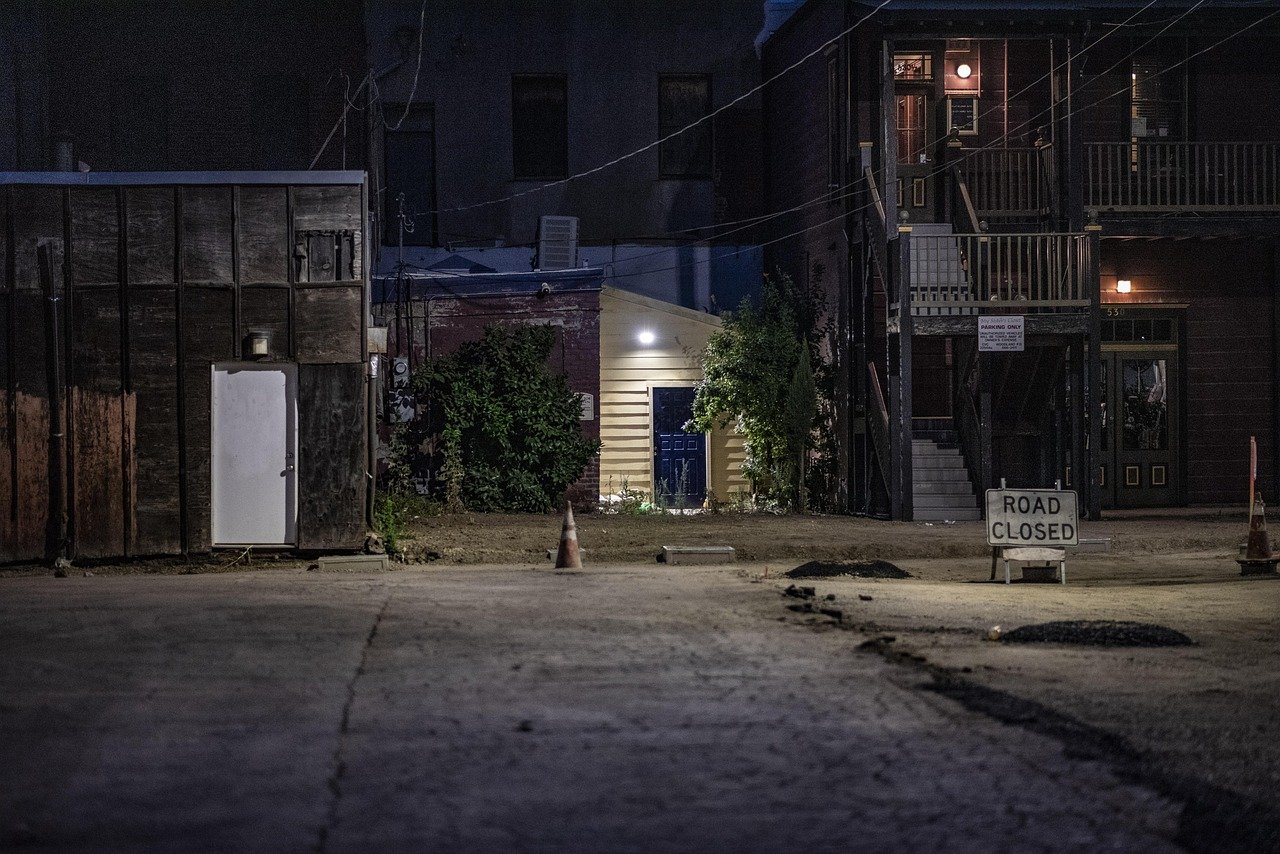Beaux enfants, child prodigies, talent, satire, culture, parenting, humor, global trends
## Introduction
In a world where children are paraded as the next Mozart or Einstein before they even know how to tie their shoelaces, we must ask ourselves: are we nurturing genius or simply creating a circus? Welcome to the glamorous yet absurd realm of "Beaux Enfants du Monde," where pint-sized prodigies dazzle audiences with skills that make adults weep with envy—or perhaps just cringe in disbelief. This article seeks to explore the phenomenon of child prodigies through a lens of sharp wit and a touch of irreverence.
## The New Age of Child Prodigies
### The Rise of the Miniature Maestros
Gone are the days when child prodigies were limited to the world of music and mathematics. Today, we have children mastering everything from quantum physics to cooking gourmet meals that would make Gordon Ramsay weep. One moment, they’re reciting Shakespeare; the next, they’re solving complex algorithms. It’s as if the world has decided that children should do everything—yesterday’s kids were busy playing in mud, while today's kids are busy redefining human potential!
### Parenting: The Real Talent Show
How did we get here? Enter the parents—those ambitious, often delusional individuals who believe that their three-year-old will single-handedly save the world. These pint-sized prodigies are often the result of relentless parenting strategies that make military training look like a walk in the park. From toddler yoga classes to coding boot camps designed for pre-schoolers, these parents are determined to mold their kids into Renaissance figures. But let’s be honest, are they raising geniuses or just high-strung overachievers?
## The Cultural Impact of Beaux Enfants
### A New Kind of Pressure
The pressure on these child prodigies can be astronomical. With great talent comes great expectation, and many of these kids find themselves trapped in a gilded cage of their parent’s dreams. So how do they cope? With an Instagram account, of course! Watch as they post carefully curated images of their latest achievements, while simultaneously trying to navigate the complexities of childhood. Who needs a normal childhood when you can have a curated feed of accomplishments?
### The Satirical Side of Success
Let’s not forget the irony that surrounds these young stars. Many are hailed as the "next big thing," only to fade into oblivion faster than you can say "childhood burnout." Remember that child violinist who took the internet by storm? What’s he doing now—playing at birthday parties for a living? The reality is that the road to success is paved with the shattered dreams of countless child prodigies who didn’t quite live up to the hype.
## The Global Phenomenon
### A Cross-Cultural Comparison
Child prodigies aren't just a Western phenomenon; they exist in every corner of the globe. From the child math whiz in India to the pint-sized painter in Paris, it seems every culture has its own version of the "Beaux Enfants du Monde." But here's the kicker: while some countries celebrate their young geniuses, others merely use them as a means to bolster national pride. Nothing like a six-year-old genius to distract from a country's political scandals, am I right?
### The Internet: The Double-Edged Sword
The internet has further complicated the child prodigy narrative. With the rise of social media, a prodigy can go viral overnight, garnering millions of followers and a lucrative endorsement deal. But there’s a dark side to this fame: the pressure to constantly perform and outdo oneself. Instead of enjoying their youth, many prodigies find themselves in a never-ending race for validation. It's a modern-day Hunger Games, but with more selfies and fewer arrows.
## Conclusion
So, what does it all mean in the grand scheme of things? Are we nurturing the next generation of Einsteins, or are we simply creating a generation of anxiety-riddled overachievers? The "Beaux Enfants du Monde" phenomenon is a fascinating blend of talent, culture, and a sprinkle of absurdity that serves as a mirror reflecting our desires and fears as a society.
In the end, while it’s tempting to idolize these young talents, let’s not forget that they are still children. So, let them play in the mud, make mistakes, and enjoy their fleeting childhood—after all, they might just be the ones who save us from our own ridiculous expectations of grandeur.





